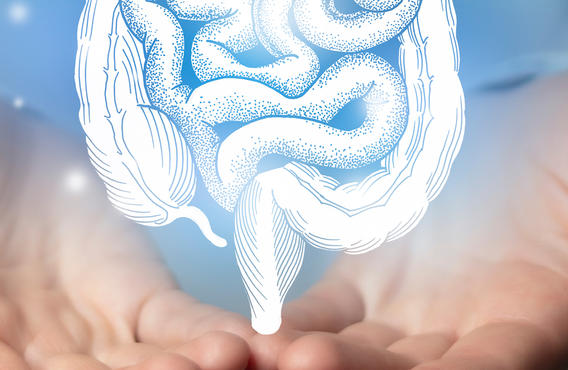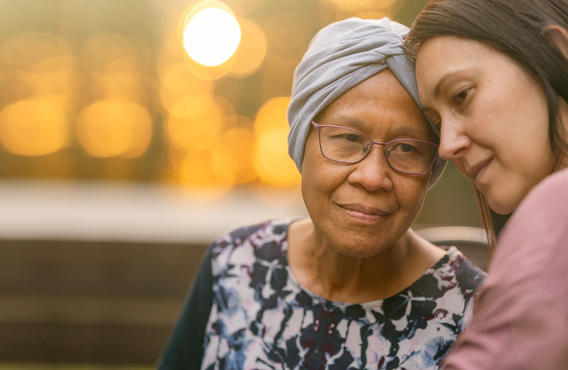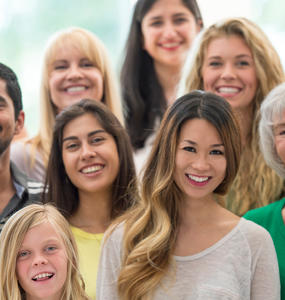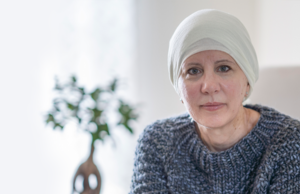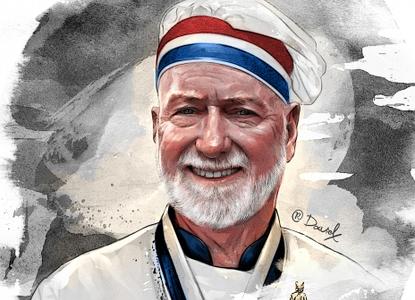Living and thriving through a blood cancer experience
Stay informed:
Join our email list.
Advocating for the blood cancer community
All individuals have the right to participate in decisions about their cancer care. Everyone deserves equal, timely access to blood cancer treatment and care – no matter where they live in Canada. We can help.
The 5 main types of blood cancers
There are 137 forms of blood cancers and related disorders that are grouped into one of these five main types.
The LLSC provides support, educational resources, services and programs, and funds research for all these types of blood cancer.
Leukemia
Lymphoma
Myeloma
Myelodysplastic syndromes
Myeloproliferative neoplasms
Help someone with a blood cancer break the pattern of helplessness, isolation, hopelessness, and regain control.
Thank you to our Research Champions!

Danny Anderson
225,000
Quebec
2023
Lise Comtois
122,500
Quebec
2023
Individuals who fundraised $50,000+ bring us closer to reaching a minimum annual investment of $5 million in research by 2026. Meet all the Research Champions.
